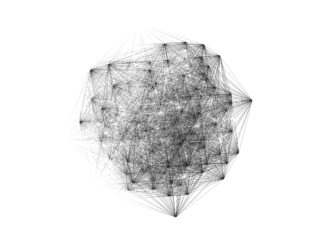
Barry Silbert, one of crypto’s earliest entrepreneurs and founder of Digital Currency Group (DCG), is betting that the next big wave in digital assets will be the convergence of artificial intelligence and blockchain.
Speaking at Fortune’s Brainstorm Tech conference in Utah, Silbert pointed to Bittensor as the most exciting project he has seen since Bitcoin. Built by former Google engineer Jacob Steeves, Bittensor allows anyone to contribute computing power to run AI models and get rewarded in its native token, $TAO.
To accelerate adoption, Silbert has launched a new company, Yuma, focused entirely on supporting the Bittensor ecosystem. “I want to open up the development and the access to AI and Bittensor is enabling that,” he said. “It is the thing that I’ve gotten most excited about since Bitcoin.”
Unlike traditional AI, which is dominated by centralized giants like OpenAI, Google, and Amazon, Bittensor distributes training and inference across a decentralized network. This approach reduces reliance on large players and aims to create what Silbert describes as a “world wide web of intelligence.”
“In the way that the internet was the world wide web of information, Bittensor is creating the world wide web of intelligence,” he told the audience.
The project has already gained strong traction. $TAO surged to an all-time high of $757 in March 2024 and currently trades near $360. Through Yuma, Silbert plans to connect developers and enterprises to this network, enabling them to tap decentralized AI infrastructure at scale.
What It Means for the Industry
Analysts see Silbert’s interest as part of a broader trend where crypto infrastructure is being reimagined to support AI development. By applying blockchain’s open and incentive-driven architecture to artificial intelligence, Bittensor could lower entry barriers for developers, diversify the types of models being built, and decentralize access to computing power.
Bittensor is expected to shift crypto’s narrative from purely financial applications to a more expansive role in powering the next generation of intelligent technologies. For Silbert, that future is already here.




Be the first to comment